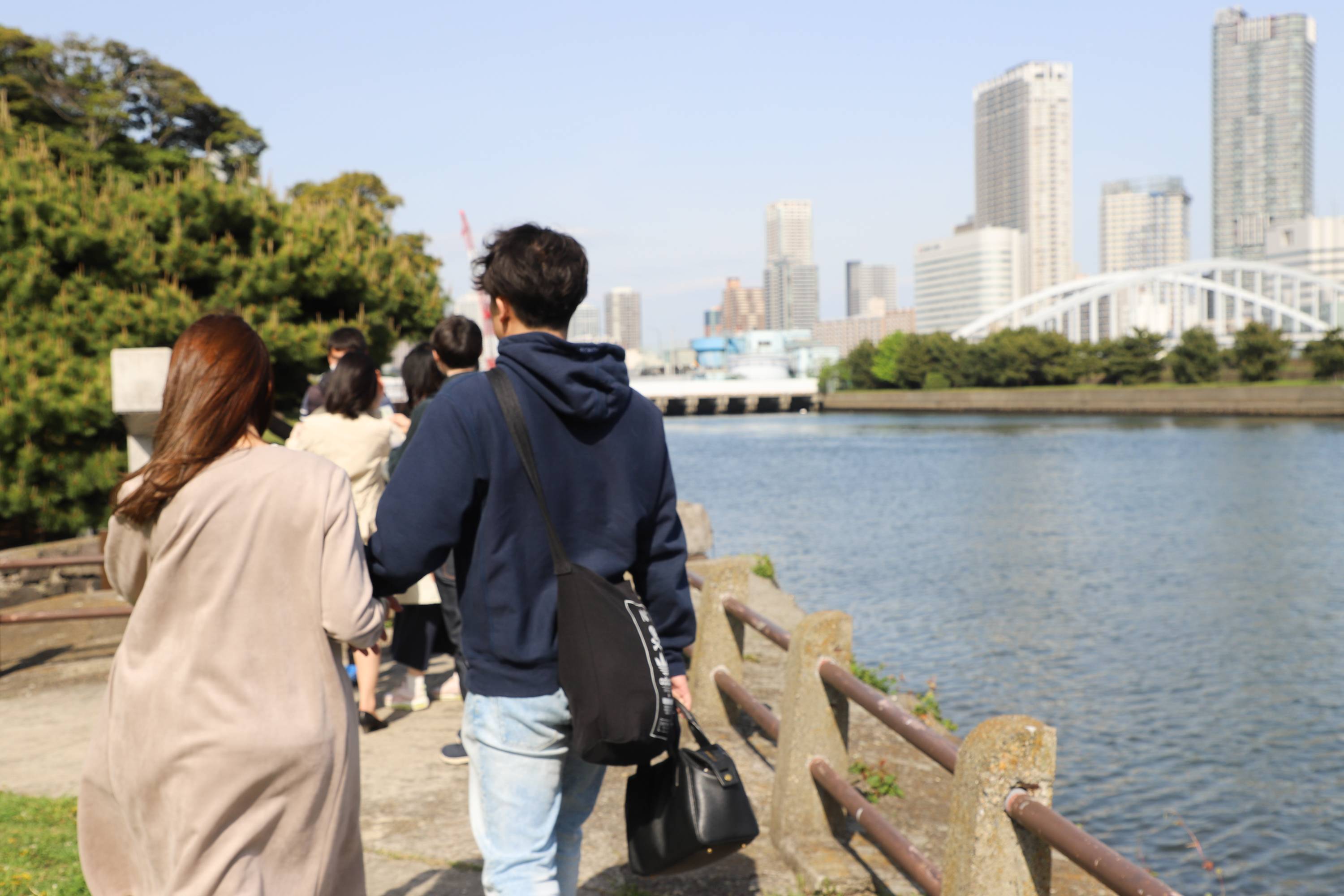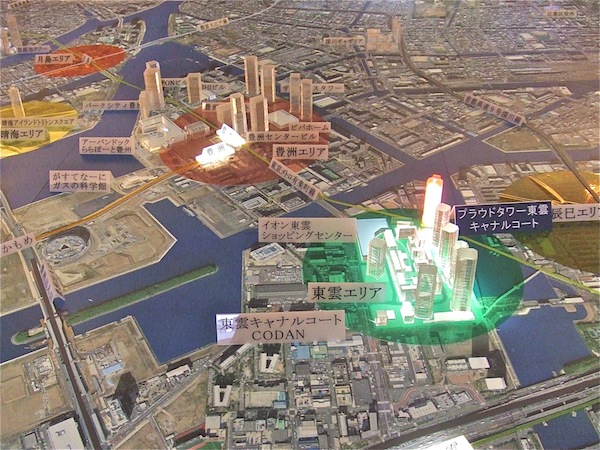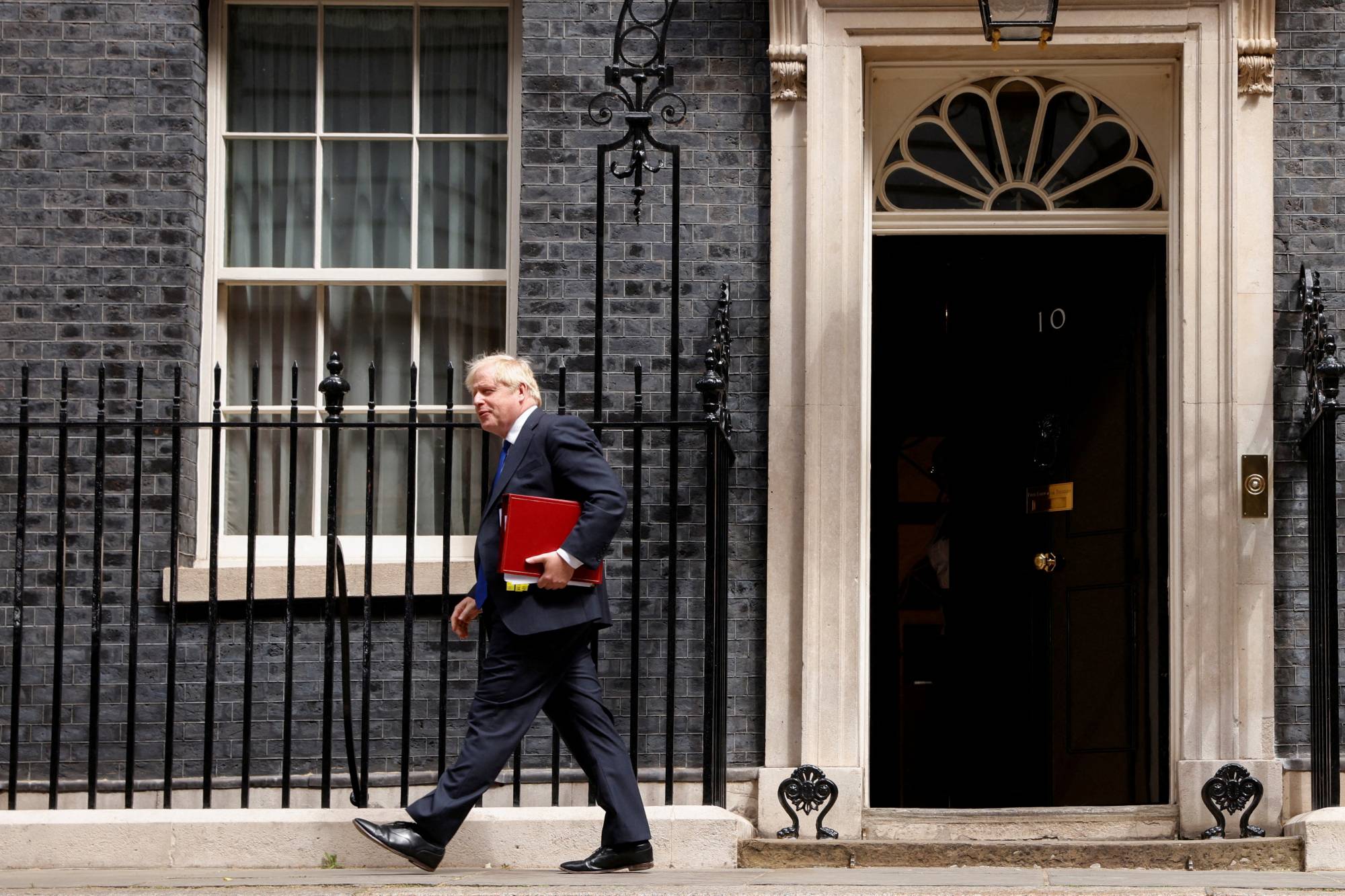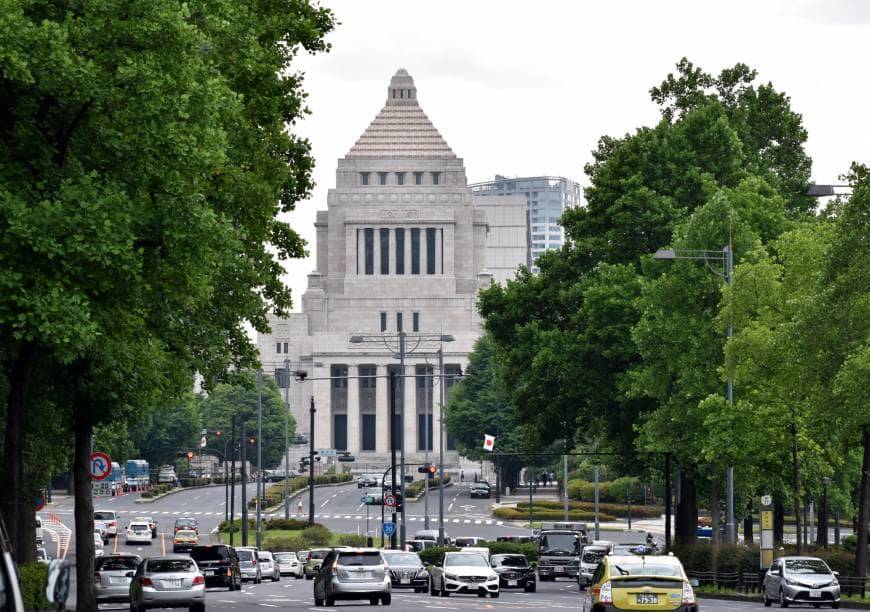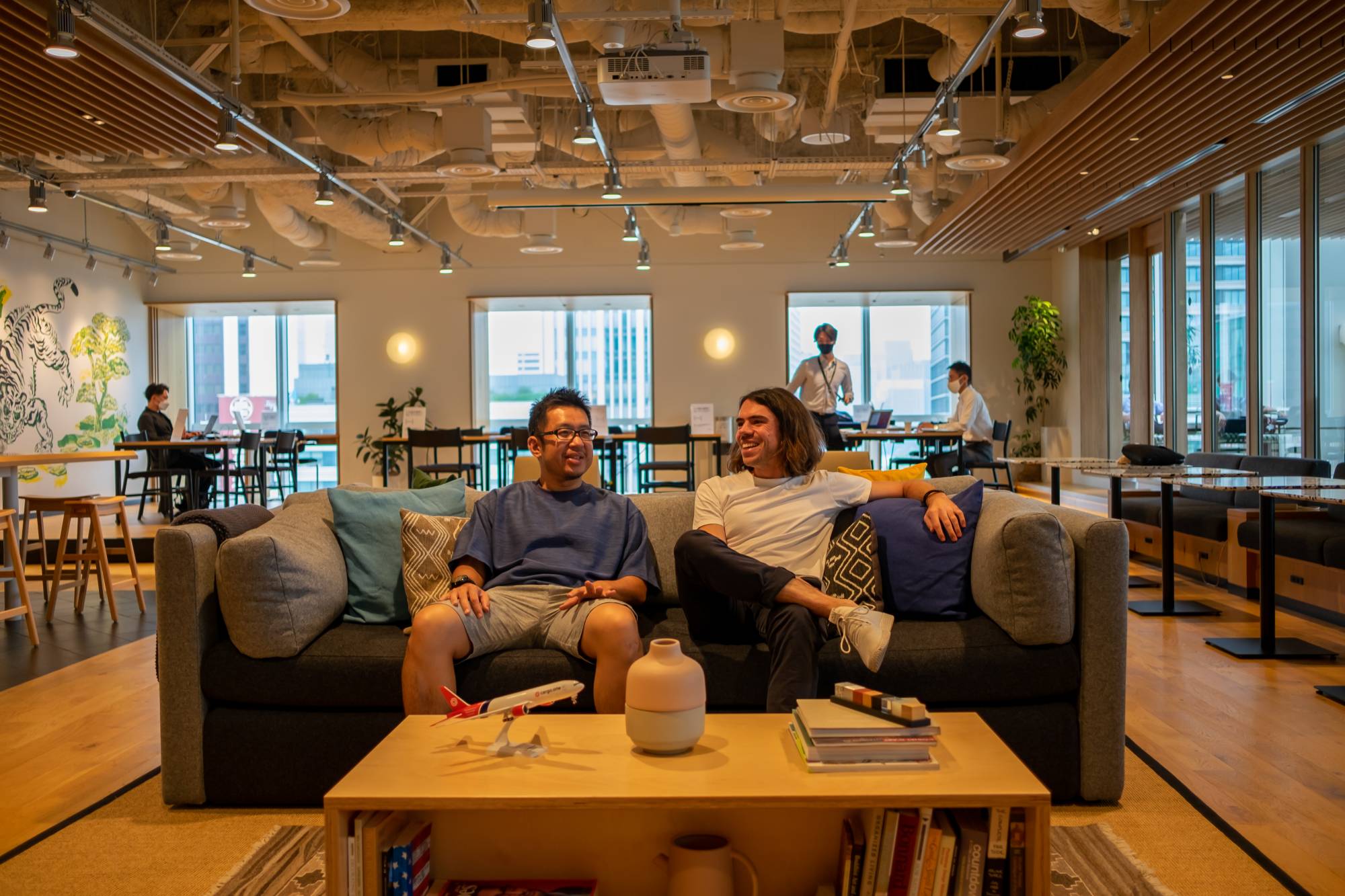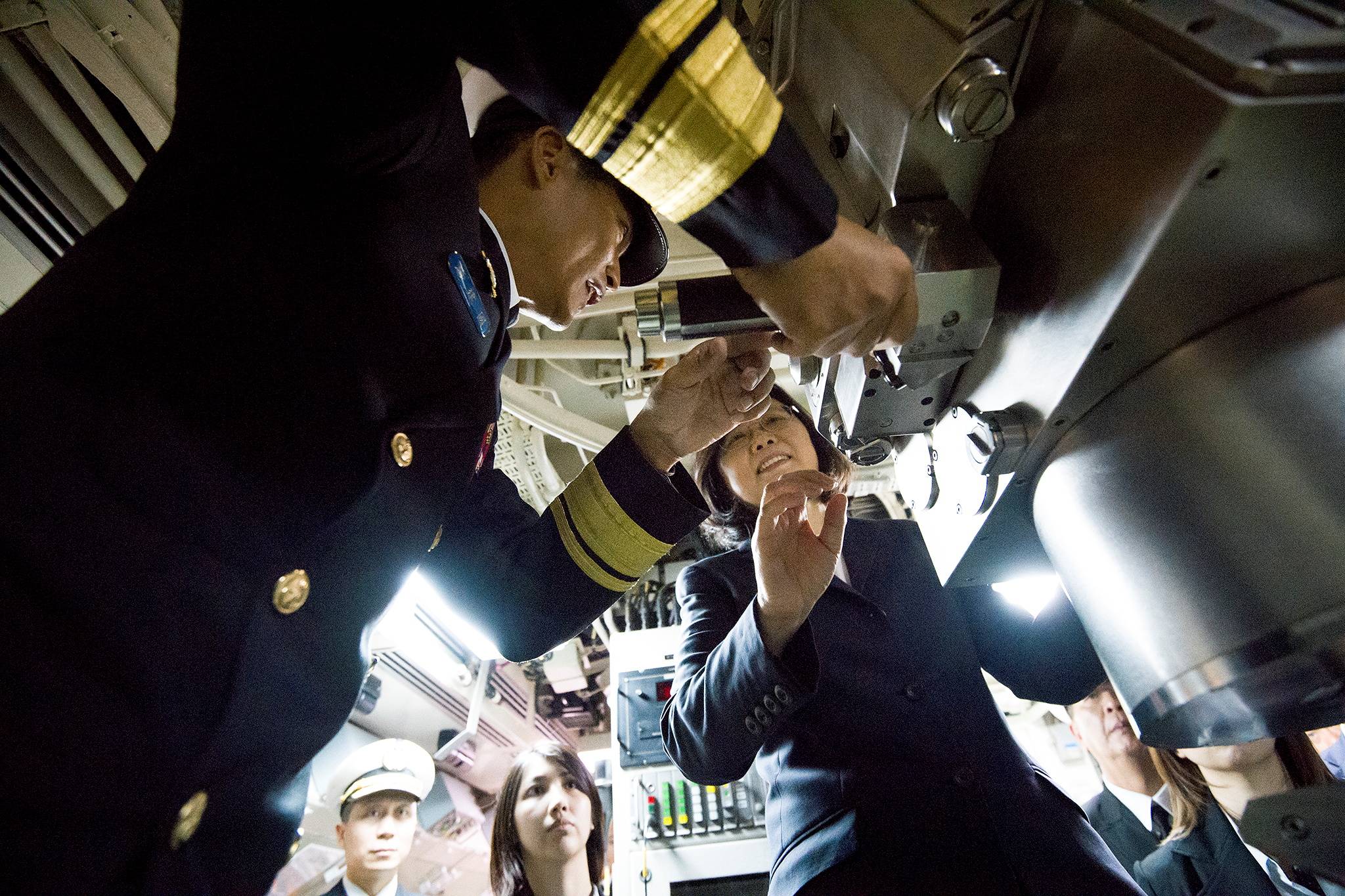After adjusting your search parameters, press Enter on your keyboard or click on the red magnifying glass to run your query again.
Sep 9, 1999
Profiles of LDP presidential hopefuls
Dec 18, 2012
LDP charges back, vows to regain voter confidence
Feb 20, 2007





